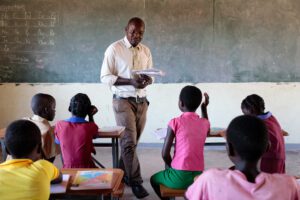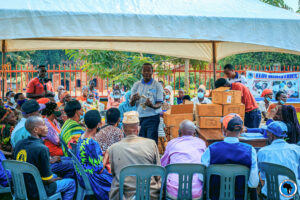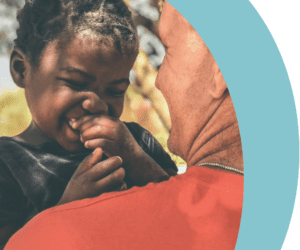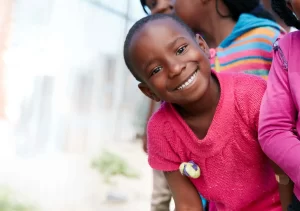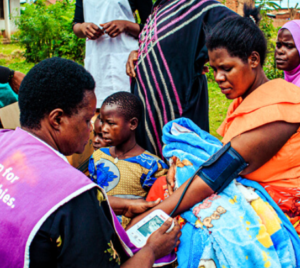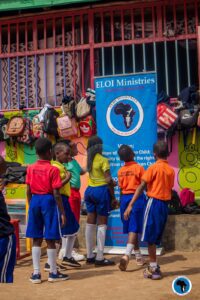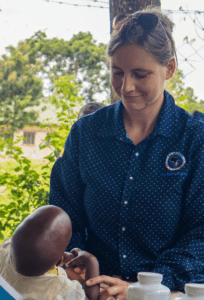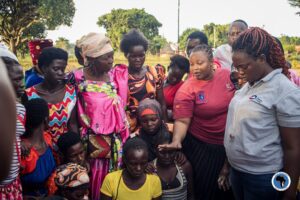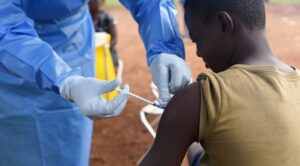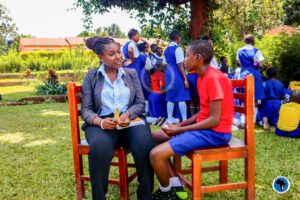Climate change poses significant challenges to Uganda’s youngest generation, with rising temperatures and unpredictable weather patterns threatening their future. In rural communities, children face increasing risks from floods, droughts, and food insecurity. However, innovative local solutions are making a difference.
Ugandan schools are leading the charge through environmental education programs that teach sustainable farming practices and tree planting initiatives. The “Green Schools Project” in districts like Kampala and Wakiso has helped plant over 50,000 trees, with students taking active roles in environmental conservation.
Traditional knowledge combined with modern techniques helps communities adapt. Children learn about drought-resistant crops and water conservation methods from both their elders and environmental experts. Solar-powered study lamps reduce reliance on kerosene, while improved cookstoves decrease deforestation and indoor air pollution.
Organizations like Climate Action Uganda work directly with schools to create environmental clubs, teaching children about renewable energy and sustainable practices they can implement at home. These initiatives not only address climate change but also provide valuable skills for future green jobs.
























